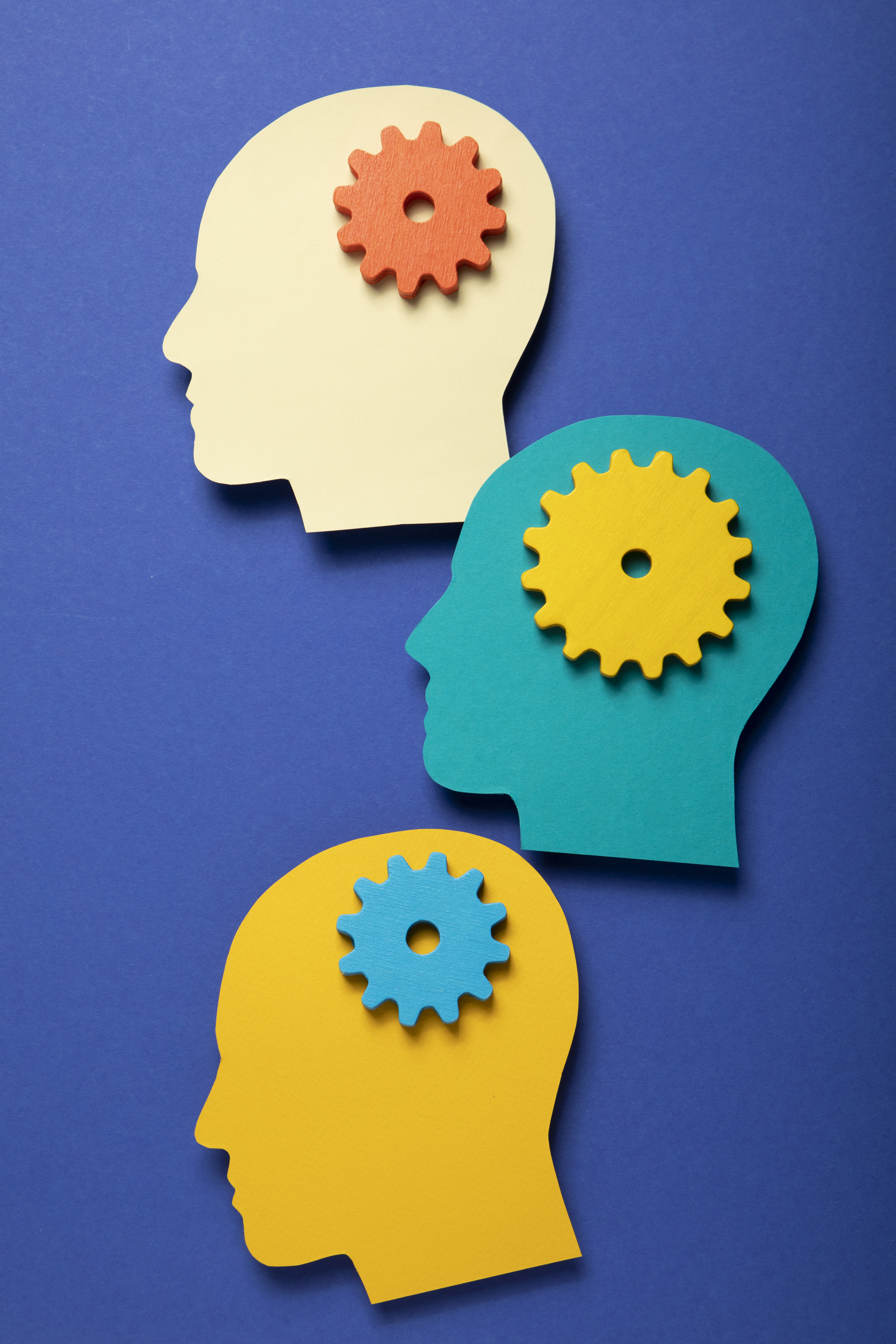At the Consumer Decision and Sustainable Behavior Lab of the University of Geneva we are driven by the goal to unravel the social, cognitive, and affective processes that underlie perceptions, judgments, and decisions in the realm of sustainability. We want to understand why individuals make the choices they do, particularly when it comes to issues of environmental responsibility and sustainable living. With challenges such as climate change and biodiversity loss looming large, there is an urgent need to transition towards a more sustainable lifestyle. Embracing sustainability isn't just a moral issue, it's a pragmatic necessity for safeguarding the well-being of our planet and future generations.


The behavioral sciences can play an important role in this transition. Individual decisions are influenced by a myriad of factors, ranging from personal values, emotions, and cognitive biases to social norms and practices, cultural dynamics, and institutional and legal frameworks. Understanding the interplay between these influences is essential for devising effective interventions that address both individual behavior and systemic change.
To achieve our objectives, we employ a multifaceted approach, from conducting controlled laboratory experiments to using large-scale online studies and leveraging big data analytics. We go beyond behavioral observations by exploring the neurocognitive mechanisms that underpin decision-making processes by combining behavioral choice measures with physiological and brain activation data.
We strive to bridge the gap between research and action by translating this knowledge into concrete applications in the real world. Through collaborative efforts with stakeholders such as the Federal Office of Energy, communication agencies and energy providers, we develop, implement, and evaluate intervention programs aimed at promoting sustainable behavior change. We moreover regularly offer training sessions to raise awareness of the evidence-based behavioral science approach among policy makers, and consult for international institutions such as the World Economic Forum, the Office of the High Commissioner for Human Rights, and the UN Office for Disaster Risk Reduction.

